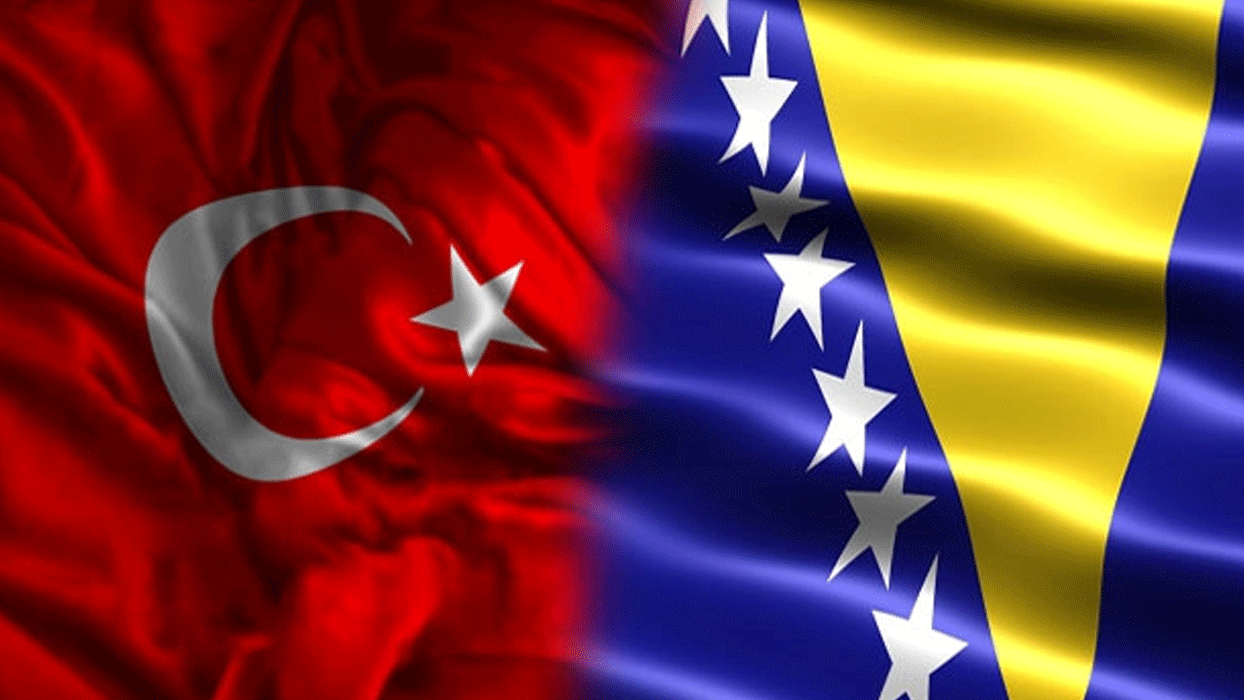
Bosnians consider Turkey to be the closest friend of Bosnia and Herzegovina
Bosnians consider Turkey to be the closest friend of Bosnia and Herzegovina
A survey conducted in Bosnia and Herzegovina showed that Bosnians consider Turkey to be their country's closest friend.
At the end of 2023, the Center for Security Studies (CSS) in Bosnia and Herzegovina conducted a survey that included questions such as the country's path to membership in the European Union (EU) and the situation in its closest friendly country, Ukraine and Gaza, as well as internal unrest in the country.
Of the 385 respondents, 44% answered the question about the most important strategic foreign policy interest of Bosnia and Herzegovina: "membership in the EU and NATO.
" 46 percent of respondents answered "Turkey" to the question "Which of the above-mentioned actors is the closest friend of Bosnia and Herzegovina?", including Turkey, the EU, Croatia, Iran, Israel, China, Russia, the United States, Saudi Arabia, Serbia and the United Kingdom. 38% of respondents voted for the EU and the USA, 25% for the UK, and 1% for Croatia.
Looking at the constituent peoples of the country (Bosniaks, Croats and Serbs), 59 percent of Bosnian respondents said they considered Turkey to be their country's "closest friend", while 79 percent of Croatian respondents voted for Croatia and 60 percent of Serbian participants voted for Serbia.
To the question of who is responsible for the situation in Ukraine, 40 percent of the participants answered "Russia", and to the question "Which side should Bosnia and Herzegovina take in the Russian-Ukrainian war?" 39 percent of the participants answered "Ukraine", 38 percent would prefer to remain neutral and 14 percent would prefer Russia.
When asked about Israel's attacks on the Gaza Strip, 58% of respondents said they "consider Israel a criminal," and 61% said that "Bosnia and Herzegovina should support Palestine."
In the survey, which asked about the possibility of civil unrest and war in the country, 42 percent of participants said that conflicts would not break out, 38 percent believe they can, and 20 percent found it difficult to answer.
In a statement made by CSS, it was stated that 43 percent of the 385 participants were women, 54 percent were men, and 3 percent of the participants did not want to specify gender.
The statement also noted that 55 percent of the participants were Bosniaks, 10 percent were Serbs, 9 percent were Croats and 12 percent were "others."